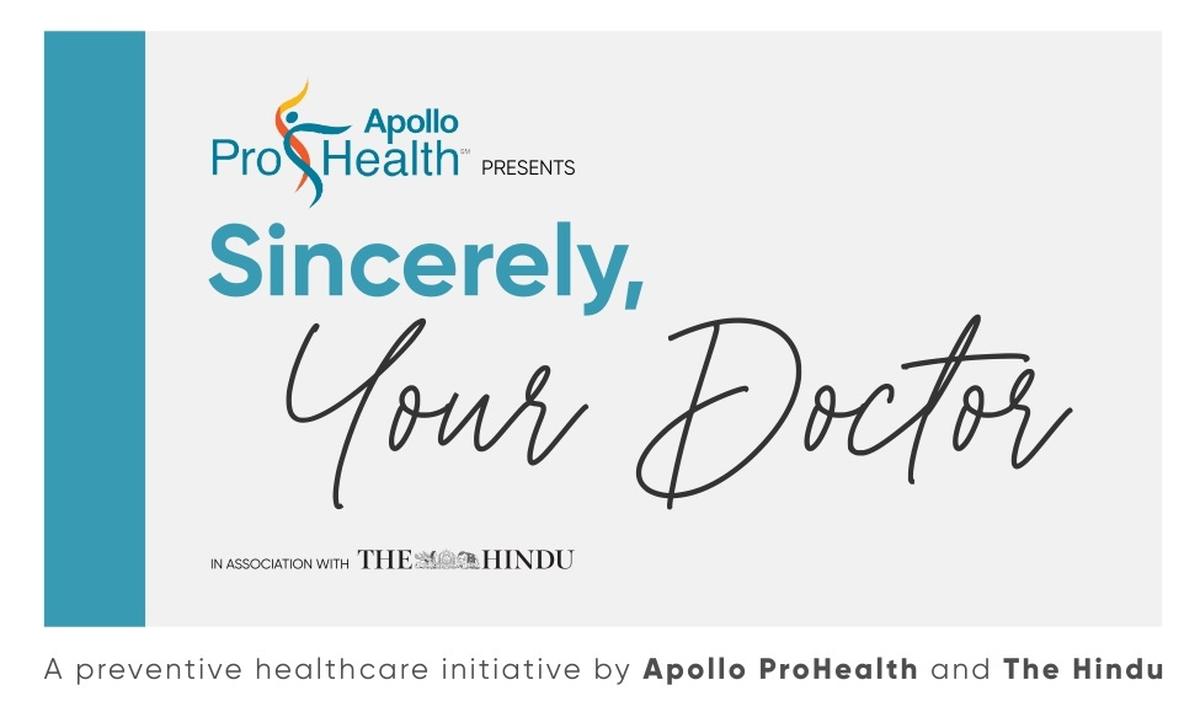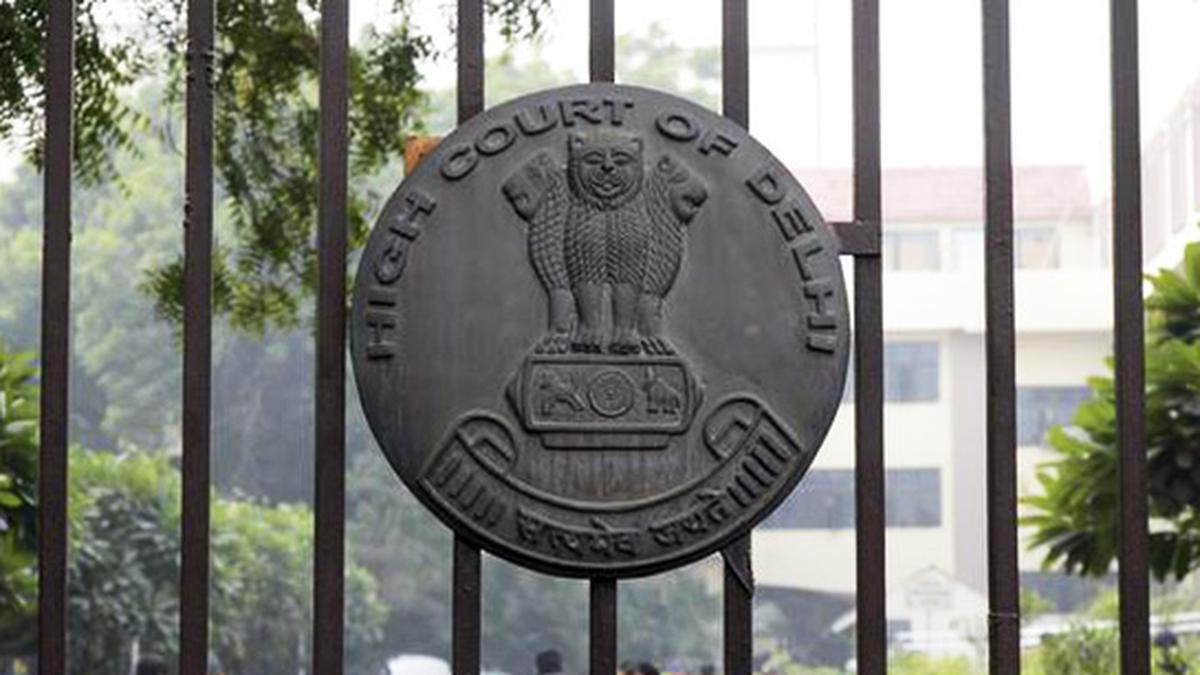Is Cancer in Our Genes or is There More at Play?

Cancer fundamentally arises from changes in the DNA of the tissue where it originates, which controls cell growth and division. However, only 5-10% of cancers are caused by inherited genetic mutations in the germline (mutations present in all cells from birth and passed down through family). The vast majority, 90-95%, are due to acquired genetic changes during a person’s lifetime, often influenced by environmental and lifestyle factors. This means that even those without a family history of cancer can develop the disease due to prolonged exposure to harmful triggers.
The Indian Cancer Burden
According to the Global Cancer Observatory, India recorded over 1.41 million new cancer cases annually in 2022, and this number is expected to rise to 1.53 million by 2025. The most common cancers in India include breast, cervical, lung, and oral cancers. While genetic predisposition plays a role, environmental factors like pollution, tobacco use, poor diet, and infections contribute significantly to cancer development. Tobacco alone accounts for nearly 40%* of all cancers in India, making it the largest preventable cause.
Nearly 1 in 4 colorectal cancer cases in India now occurs in those under 50 years — making diet and lifestyle changes your strongest defence.

How Environmental Factors Cause Cancer
Repeated exposure to harmful environmental agents, like chemicals and toxins, leads to chronic inflammation. These agents can damage cells and cause oxidative stress (where there are more free radicals than antioxidants), prompting the immune system to release inflammatory chemicals. Over time, this constant immune response can cause mutations at the DNA level, which accumulate and potentially trigger uncontrolled cell growth and cancer. Unlike inherited genetic mutations, these environmentally induced genetic changes can be prevented.
- Air Pollution: India has some of the world’s highest levels of air pollution, with fine particulate matter (PM2.5) being a known carcinogen. Long-term exposure can alter DNA and lead to lung cancer, even in non-smokers.
- Tobacco and Alcohol: Tobacco use, including smoking and chewing tobacco, is the leading cause of oral and lung cancers, and a common risk factor in many cancers. Alcohol consumption is also linked to numerous cancers, including liver, breast, and oesophagus.
- Infections: Certain infections, such as Human Papillomavirus (HPV) and Hepatitis B/C, contribute to cervical and liver cancers. HPV infection is responsible for nearly 90% of cervical cancer cases.
- Ultra-processed Foods: Consumption of ultra-processed foods, high in preservatives and trans fats, increase the risk of colorectal and gastric cancers. Diets high in red and processed meats have also been linked to a higher risk of colorectal cancer due to harmful compounds formed during processing and cooking.
- Occupational Hazards: Factory, construction, and agricultural workers frequently come into contact with carcinogenic chemicals such as asbestos, benzene, and pesticides, increasing their risk of lung and blood cancers.
So, What Can You Do?
Reducing exposure to carcinogens through tobacco cessation, vaccination against HPV and Hepatitis B, and dietary modifications can lower overall cancer risk. Maintaining a healthy weight, engaging in regular physical activity, managing stress, limiting alcohol intake, and prioritising a diet rich in fruits, vegetables, and whole grains also play a crucial role in cancer prevention. Understanding that most cancers are preventable, not inevitable, is key to reducing India’s growing cancer burden and protecting future generations.
* Source: Occurrence and Distribution of Cancers in South India, Asmin & Nusrath (2024)
Have questions for our doctors?
Whatsapp us at 8939283283
or email us at sincerelyyourdoctor@thehindu.co.in
“A Preventive Healthcare Initiative by Apollo ProHealth and The Hindu”
Published – February 06, 2025 02:44 pm IST




